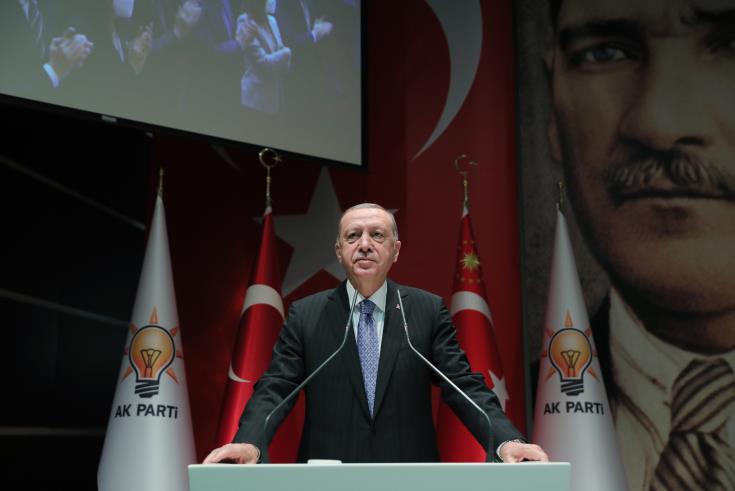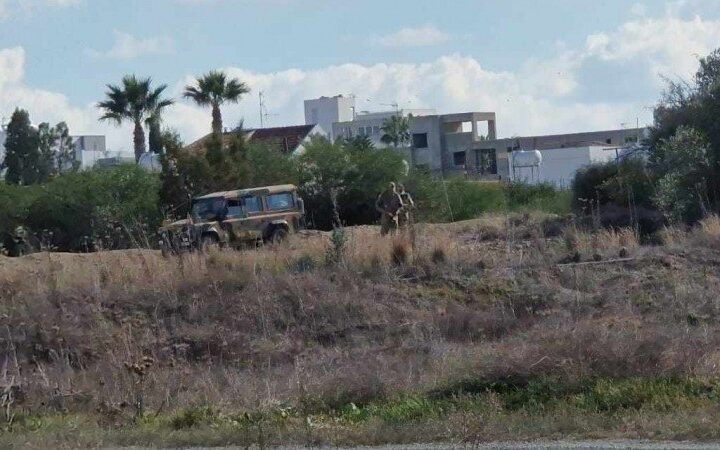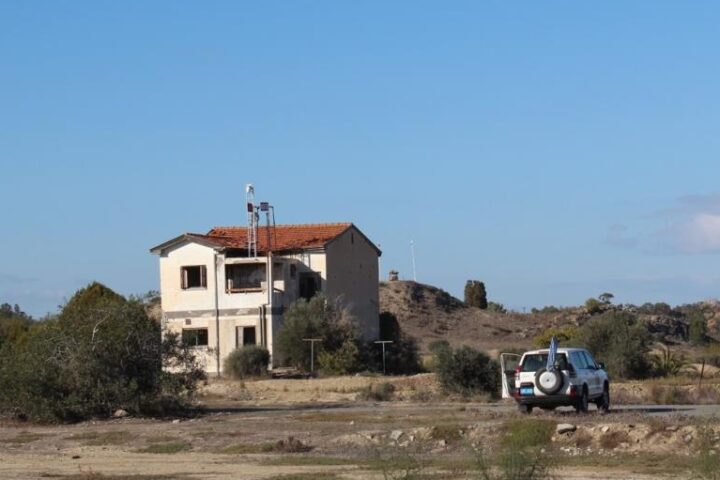History taught us that nobody is bigger than the market, except John Pierpont (JP) Morgan a century ago in New York through the Gilded Age and industrial consolidation.
Now Turkish President Recep Tayyip Erdogan thinks he is the same.
He vowed to impose his economic doctrine and declared economic war of independence against the advice of some of his economists.
At the beginning of the year, 100 Turkish lira was worth about US$13.50.
However, by the middle of this week, it was trading slightly above US$8.
Foreign and local investors panicked as Erdogan’s defying economic laws agenda sent them fleeing.
As a result, many Turks have been converting their lira into foreign currencies, and about half of the deposits are now in foreign currency.
The Turkish president succeeded in triggering the “dollarisation” of his economy. His unorthodox policies, however, could spell disaster.
Inflation is bound to climb out of control as import prices of everything from petrol to raw materials will be affected.
Apple, the supergiant electronics company, suspended sales to the country after the lira’s spectacular one day drop of 15% earlier this week.
Its website in Turkish stopped sales of most products, displaying a “Not currently available” message, according to Reuters.
The Turkish lira dropped to a new historic low amid worries over a broader economic meltdown driven by interest rate cuts demanded by Erdogan.
The severity of the crisis forced many people to buy almost anything that could be used as a store of value, a fundamental property of a currency, including electronics, to shield their wealth from further depreciation.
If the Turkish government continues this performance, a barter system will be formed in the local market to facilitate exchange.
It will not be hyperbole to expect people to exchange brand new smartphones and other luxury items for groceries and other essentials.
A currency depreciation, ceteris paribus, will trigger foreign demand and economic growth.
The theory holds that wages and other factors of production will be cheaper, so the economy will attract foreign investment, which will stimulate growth.
But such sharp depreciation amounts to a haircut and is only causing panic.
If Erdogan does not relent soon enough and allows interest rates to go where they should, to stabilise the lira, we should expect the Central Bank of Turkey to impose capital controls, perhaps as early as next week.
Once depositors’ trust is shaken to the core, it will be hard for the current government to restore it, and essentially Erdogan will be digging his political hole from which he will be unable to rise in the 2023 elections.
Turkish Cypriots
The crisis in Turkey has left the self-proclaimed “Turkish Republic of Northern Cyprus” reeling from the consequences of the depreciation of the Turkish lira.
The authorities in the north depend almost exclusively on the Turkish government’s economic support, which is now in a dire situation.
Public finances in the north are also taking a major hit as the buying power of the lira has continued to slide since the beginning of the year.
Similarly, Turkey finds it increasingly hard to support its own economy, let alone that of Turkish Cypriots. In the north, state employees are paid in Turkish lira and few businesses trade in hard currency.
If the situation persists, both the Turkish Cypriot authorities and many Turkish Cypriots themselves will be prone to disposing of land for some badly needed hard currency.
Although such potential transactions are hard to match, individuals and private entities can certainly consider buying land currently belonging to Turkish Cypriots, particularly in the Republic, where it can be immediately developed.
Unless economic conditions in Turkey normalise soon, one should expect to see a rise in real estate activity by Turkish Cypriots, initially in the Republic of Cyprus.
While some restrictions apply in the sale of Turkish Cypriot properties in the south, the current situation in Turkey is likely to trigger renewed interest.
Michael S. Olympios is an economist, business advisor, Editorial Consultant to the Financial Mirror










